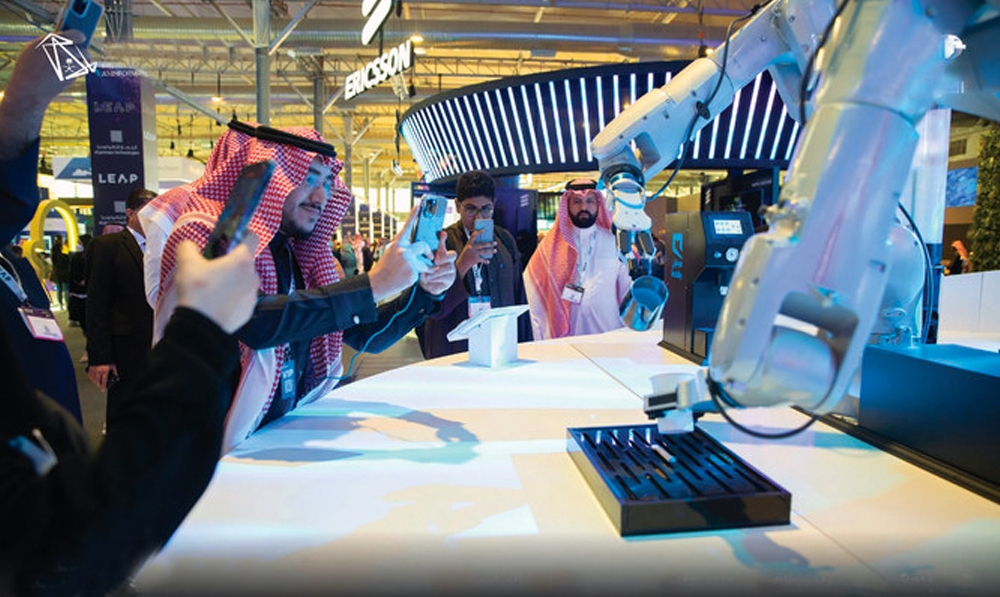
A new report from Research and Markets predicts that the artificial intelligence (AI) market in the Middle East and North Africa (MENA) region will grow from $500 million in 2020 to $8.4 billion by 2026. This represents a cumulative annual growth rate of 47.8 percent, with Saudi Arabia and the United Arab Emirates (UAE) heading the way. The study projects the value of the AI industry in the UAE alone will rise by 36.2 percent to $1.9 billion by 2026.
Business executives in the MENA region are also aware of how crucial AI is to the expansion of their firms. A study by Proviti Middle East found that over 80 percent of CEOs in the region consider AI to be critical to the future of their businesses, and over 70 percent are investing in the sector.
Saudi Arabia has announced a $500 billion investment in AI and other new technologies over the next ten years through its sovereign wealth fund, demonstrating the country's significant investment in the sector. Additionally, the nation has started a number of efforts to hasten the adoption of AI, including the creation of the National Data Management Office and the Saudi Arabian Data and Artificial Intelligence Authority.

The National Artificial Intelligence Strategy 2031, introduced by the UAE, aims to recruit talent for upcoming employment, finance research and innovation centers, build suitable infrastructure and data networks, and establish a conducive legal environment.
However, as AI becomes more prevalent across the world, a recent report from Goldman Sachs suggests it could replace 300 million full-time jobs. With 46% of administrative jobs and 44% of legal posts potentially at risk of being replaced by AI, the report forecasts that the administrative and legal sectors will be the most vulnerable. A lower risk is anticipated for physically demanding occupations, with construction facing a 6 percent threat and maintenance confronting a 4 percent threat.
Goldman Sachs notes that while the initial rollout of AI may lead to job losses, it could also create new employment opportunities in the long term. The study contends that over a ten-year timeframe, the application of AI could increase worldwide development by 7% annually and increase labor productivity.

















